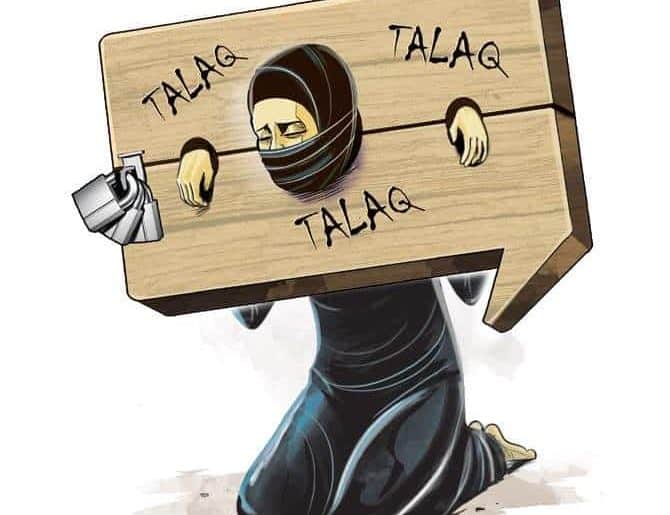Hollywood hosted one of the most prestigious awards for the small screen the ‘69th Primetime Emmy Awards’ September 17, 2017. It attracted a lot of big names and some of the TV’S best actors. While a lot of deserving TV series were nominated, only a few managed to take the prestigious award home. Here are three TV series that won big in the Emmy’s and why they are a must watch.
1) Big Little Lies
‘Big Little Lies’ emerged as a major winner in the awards. Laura Dern won the award for ‘Outstanding Supporting Actress in a Limited Series or a Movie’ for her portrayal of the character Renata Klien. Alexander Skarsgard won the award for ‘Outstanding Supporting Actor in a Limited Series or a Movie’ while Nicole Kidman won the award for ‘Outstanding Lead Actress in a Limited Series’. The series also won the award for ‘Outstanding Limited Series’.
Based on the novel of the same name by the Australian author Liane Moriarty, the series rightfully deserves the hype and praise that it is receiving. Nicole Kidman, Reese Witherspoon and Shailene Woodley portray the roles of troubled mothers with complex relationships brilliantly. They showcase the real struggles of real women and leave an impression behind. Nicole Kidman deserves the award because she remarkably portrays a domestic abuse victim while remaining sensitive to the subtleties that the character demanded. Shailene Woodley’s portrayal of a rape victim is quite commendable. Laura Dern played a character that is successful in the work front but is always guilty as she feels she does not pay enough attention to her children. The conflict of being successful and being remiss at home is brilliantly portrayed by her. Thus the series is able to capture one’s attention because of the small details in the characters to which it pays a lot of attention. Hence the end result is beautiful.
2) The Handmaid’s Tale
‘The Handmaid’s Tale’ won the award for the ‘Outstanding Drama Series’. Apart from that Elisabeth Moss won the ‘Outstanding Lead Actress in a Drama Series’. Ann Dowd won the ‘Outstanding Supporting Actress- Drama Series’ and Bruce Miller won the ‘Outstanding Writing for a Drama Series’.
Set in a dystopian near future this series got everyone talking about having a chilling relevance to the contemporary times. It is an adaptation of the novel ‘The Handmaid’s Tale’ by Margaret Atwood. It is set in times where women are stripped of their rights, identity, names and family and are left to subjugation by men. Any hope for a bright future appears to be bleak as Offred, the protagonist struggles with her new life. Elisabeth Moss who already established herself as a brilliant actor in the ‘Mad Men’ takes her acting skills to another level in this series. No words are enough to appreciate the mastery and expertise with which she plays Offred. Seldom are the cinematic adaptations of a book able to serve justice, however, this series stands apart as every scene is beautiful and refreshing.
3) This is Us
Nominated for eleven awards, ‘This is Us’ managed to win two Emmy’s. Sterling K. Brown won the award for ‘Outstanding Lead Actor in a Drama Series’. The last time a black actor won this award was in 1998. Thus his win deserves a special mention. Apart from that Gerald McRaney won the award for ‘Outstanding Guest Actor in a Drama Series’.
The series brings to light Leo Tolstoy’s quote “happy families are all alike; every unhappy family is unhappy in its own way”. It has a lot of quick witty dialogues and emotional scenes that it will tug your heartstrings and leave you grabbing your tissues. The show resonates with its audience on a deep emotional level. This show deserves a special mention because of its brilliantly crafted out characters and top-notch level acting.
Image Credits: Lainey Gossip
Anukriti Mishra










